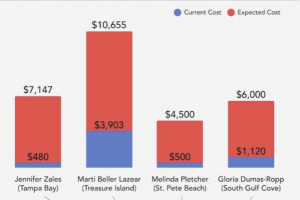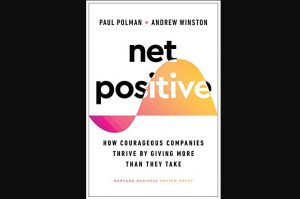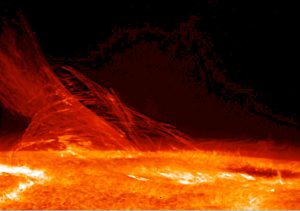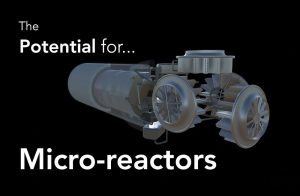The First Step Is Hardest: Austria Adds A Carbon Tax
Good summary about carbon taxes in European countries, what the right prices should be and why “it’s harder to go from $0 to $35 than from $35 to $135 per ton.”

Good summary about carbon taxes in European countries, what the right prices should be and why “it’s harder to go from $0 to $35 than from $35 to $135 per ton.”

The future is coming forward and insurance carriers are now charging for it. Is this a wake up call for those Cautious about climate?

Early stage technology to biologically sequester carbon. It may buy some time to get to net-zero, but huge questions remain.

Former Unilever CEO says companies should not only be “green” (less bad) and sustainable (neutral), but be restorative, reparative and regenerative.

“The discoveries being recognized this year demonstrate that our knowledge about the climate rests on a solid scientific foundation.” This is the first time the Physics prize has been awarded specifically to a climate scientist.

Before November’s COP26 climate summit in Glasgow, major global enterprises are committing to buy low-carbon products in hard-to-abate sectors like cement, steel, aviation and shipping.

Harvard professor of applied physics and of public policy, and co-founder of a carbon-capture-sequestration (CCS) company,, lays out the case for geoengineering plus CCS to avert the worst impacts of the coming heat.

Once people awake to the climate crisis, they want to act. Bill Gates’ book, How To Avoid A Climate Disaster, has this prescription.

Transportation and generating electricity account for > 50% of GHGs. Heating for buildings, water and industry creates 29% of GHGs globally. Here’s a good overview on current sources of GHGs from heating and clean alternatives.

Can biological sequestration contribute to getting the Net-Zero?
Maybe, but significant issues remain according to this MIT Tech Review article.

Extensive interview shows that Greta Thunberg’s growing up. And her journey shows how urgency and marathon-running can co-exist.

The US Military is building a small, portable, nuclear “micro-reactor” capable of powering a small town. Motivation: reduce fossil fuels and have remote power. Hurdles: safety, non-proliferation.